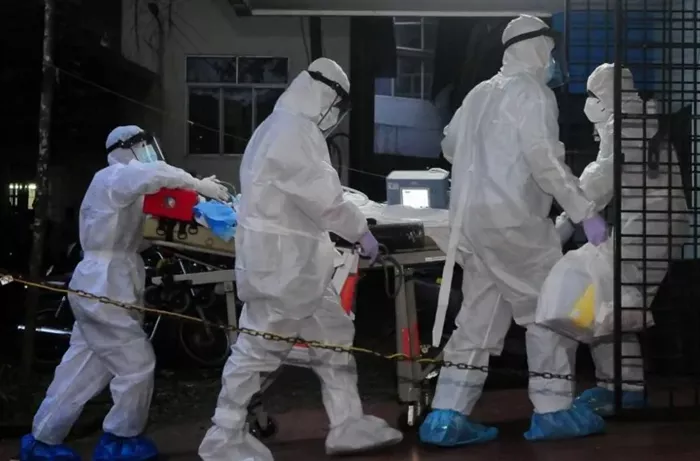Health authorities in Kerala, India, have raised alarms following the death of a 14-year-old boy from the Nipah virus, prompting heightened vigilance in the region. The incident has led to the isolation and testing of individuals who came into contact with the deceased, as confirmed by Kerala Health Minister Veena George.
The boy, hailing from Pandikkad town, succumbed to the virus shortly after testing positive. Minister Veena George disclosed that an additional 60 individuals have been identified as high-risk and are being closely monitored. Precautionary measures, such as wearing masks in public spaces and avoiding visits to hospitals, have been advised to prevent further spread.
Nipah virus is classified as a zoonotic illness, transmitted from animals like fruit bats and occasionally pigs to humans, according to the World Health Organization (WHO). It can also spread through contaminated food or direct contact with an infected person. The WHO has categorized Nipah virus as a priority pathogen due to its potential to cause epidemics.
Since its first detection in Kerala in 2018, the virus has been associated with multiple fatalities in the state. The recent case underscores the ongoing risk, particularly in areas where human-animal interaction is prevalent, exacerbated by factors such as habitat loss and urbanization.
In response to the heightened risk, Kerala authorities have initiated proactive measures, including the creation of an action plan aimed at preventing future outbreaks. Last year, stringent measures were implemented, including temporary closures of schools and offices, following confirmed cases of Nipah virus in the state.
The incident serves as a stark reminder of the need for robust surveillance and public health interventions to mitigate the transmission of zoonotic diseases like Nipah virus, ensuring the safety and well-being of communities at risk.
[inline_related_posts title=”You Might Be Interested In” title_align=”left” style=”list” number=”6″ align=”none” ids=”10980,10977,10974″ by=”categories” orderby=”rand” order=”DESC” hide_thumb=”no” thumb_right=”no” views=”no” date=”yes” grid_columns=”2″ post_type=”” tax=””]


































